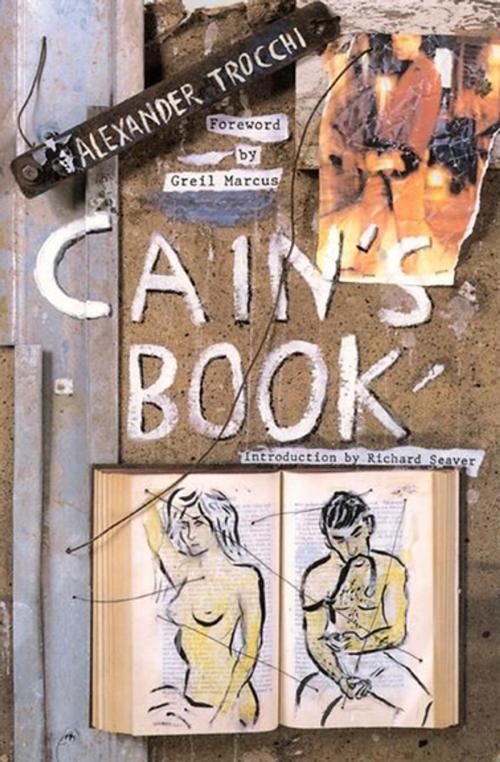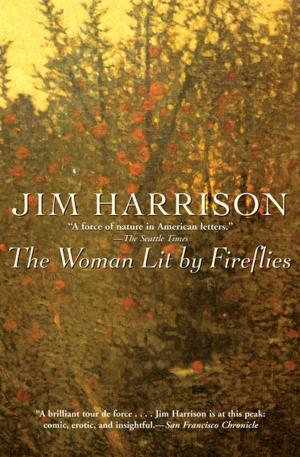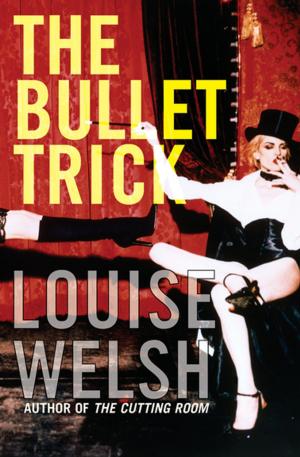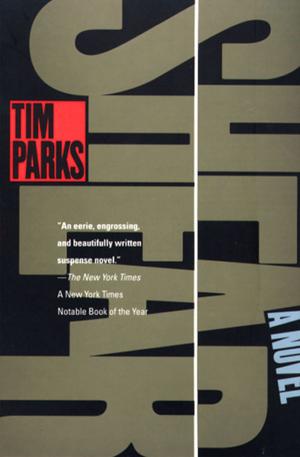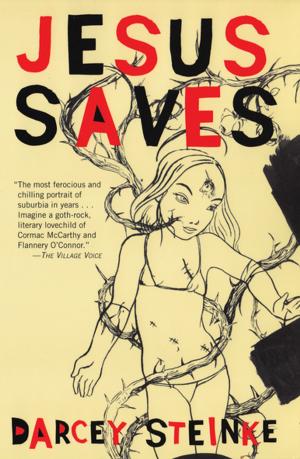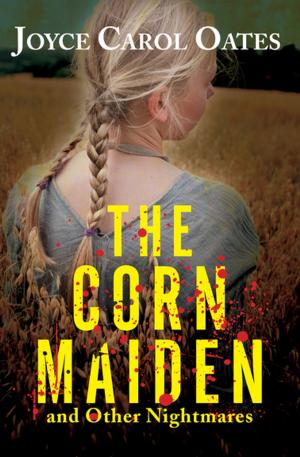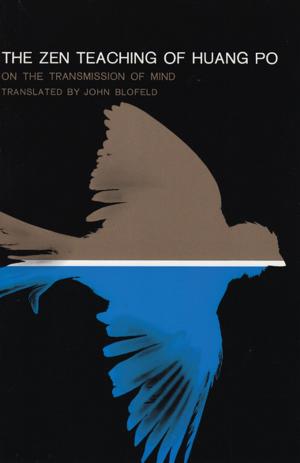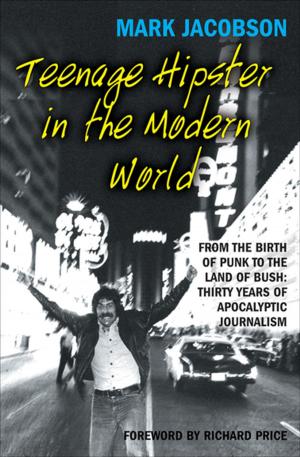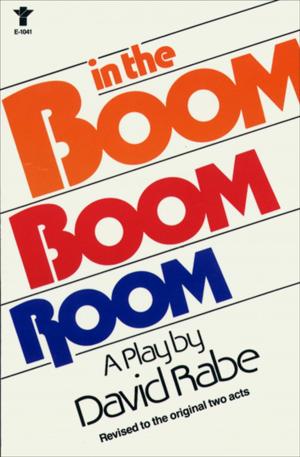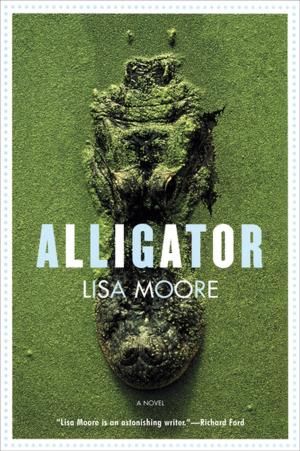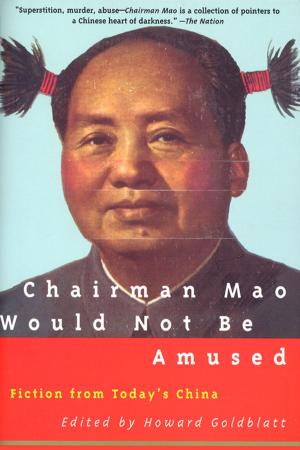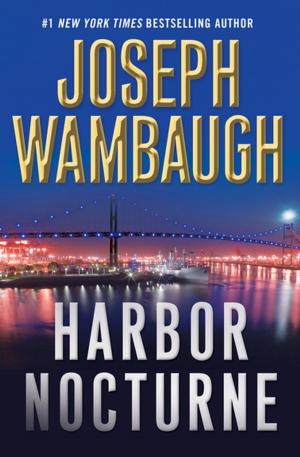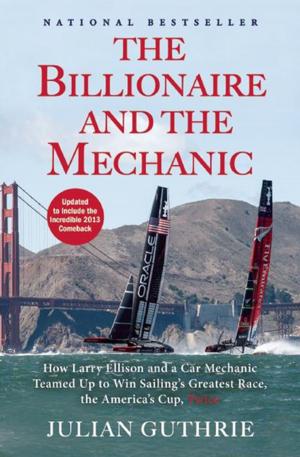| Author: | Alexander Trocchi | ISBN: | 9780802188854 |
| Publisher: | Grove Atlantic | Publication: | March 24, 2017 |
| Imprint: | Grove Press | Language: | English |
| Author: | Alexander Trocchi |
| ISBN: | 9780802188854 |
| Publisher: | Grove Atlantic |
| Publication: | March 24, 2017 |
| Imprint: | Grove Press |
| Language: | English |
A Beat-era novel of heroin addiction in 1950s New York City that was called “a treasure” by Ken Kesey.
This is the journal of Joe Necchi, a junkie living on a barge that plies the rivers and bays of New York. Joe’s world is the half-world of drugs and addicts—the world of furtive fixes in sordid Harlem apartments, of police pursuits down deserted subway stations. Junk for Necchi, however, is a tool, freely chosen and fully justified; he is Cain, the malcontent, the profligate, the rebel who lives by no one’s rules but his own.
Author Alexander Trocchi’s muse was drugs—but in this novel, he does not romanticize the source of his inspiration. If the experience of heroin, of the “fix,” is central to Cain’s Book, both its destructive force and the possibilities it holds for creativity are recognized and accepted without apology.
“The classic of the late-1950s account of heroin addiction . . . An un-self-forgiving existentialism, rendered with writerly exactness and muscularity, set this novel apart from all others of the genre.” —William S. Burroughs, author of Naked Lunch
A Beat-era novel of heroin addiction in 1950s New York City that was called “a treasure” by Ken Kesey.
This is the journal of Joe Necchi, a junkie living on a barge that plies the rivers and bays of New York. Joe’s world is the half-world of drugs and addicts—the world of furtive fixes in sordid Harlem apartments, of police pursuits down deserted subway stations. Junk for Necchi, however, is a tool, freely chosen and fully justified; he is Cain, the malcontent, the profligate, the rebel who lives by no one’s rules but his own.
Author Alexander Trocchi’s muse was drugs—but in this novel, he does not romanticize the source of his inspiration. If the experience of heroin, of the “fix,” is central to Cain’s Book, both its destructive force and the possibilities it holds for creativity are recognized and accepted without apology.
“The classic of the late-1950s account of heroin addiction . . . An un-self-forgiving existentialism, rendered with writerly exactness and muscularity, set this novel apart from all others of the genre.” —William S. Burroughs, author of Naked Lunch
